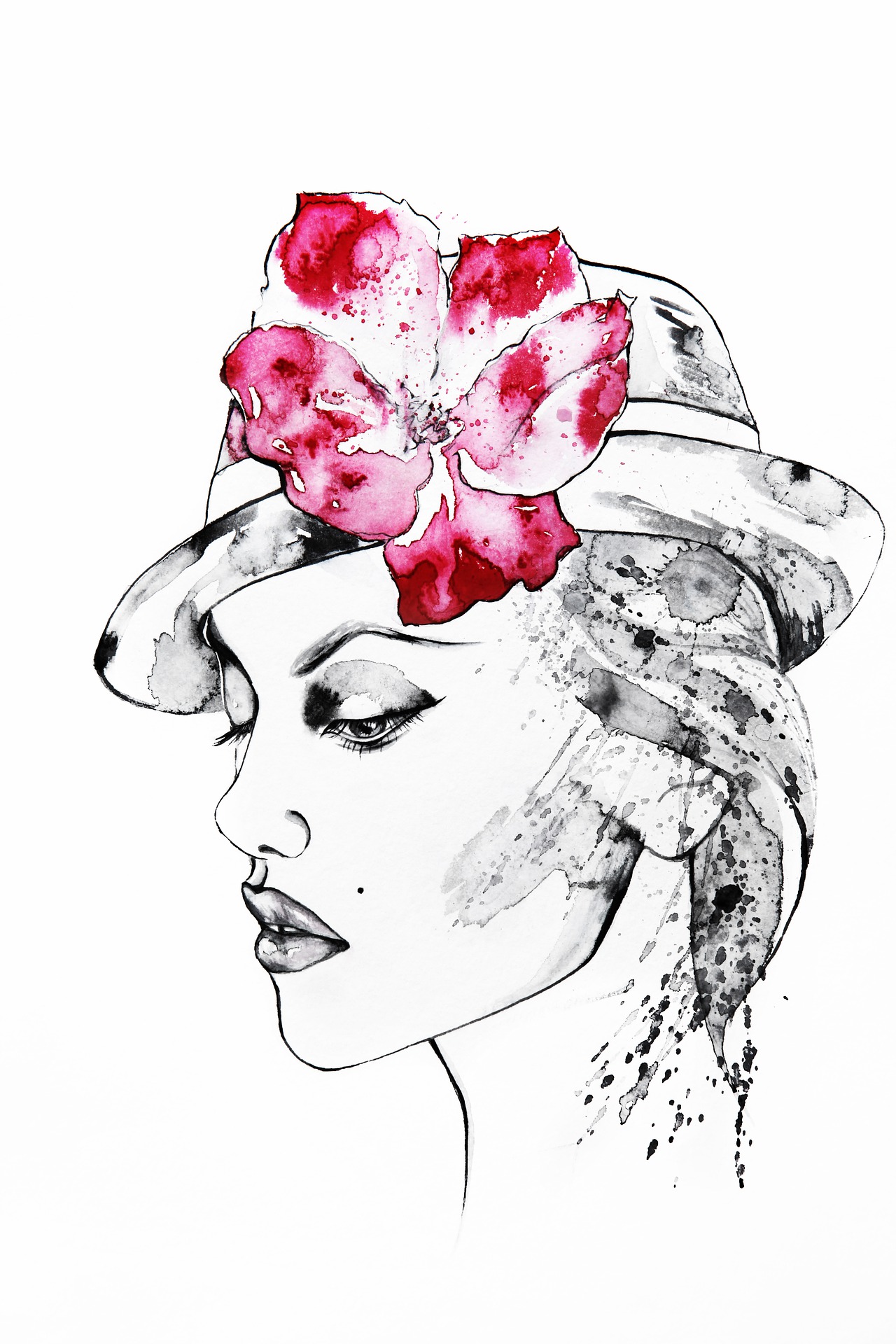We inherently want to learn from the past and have previous and varied experiences that have shaped the person we are today.
It’s important that we consider all of those experiences, the challenges, the grief, the successes, and all the in-betweens. By reflecting and looking forward, we create our path and forge the life we want.
What is reflection?
Reflection is defined in a couple of ways. It can be the throwing back of light, heat, or sound without absorbing it. It is also referred to as serious thought or consideration of a past occurrence. If I think about both of these things, then the outcome ultimately is a change in direction.
We can consider, write, or even draw reflections on what we’ve observed and how we’ve experienced or seen something. Reflections can include feelings, reactions, and explanations of a scenario. Self-reflection requires additional assessment of character, actions, and motives. It includes taking a step back and reflecting on our life, behaviour, and beliefs.
Why reflect?
Reflection helps us to explore, examine, and understand a situation. It can give us perspective as we gain insight into ourselves, consider our values, and why we take the actions we do.
A brief period of reflection can provide clarification in a moment of doubt or uncertainty. Allocated time to capture our reflections allows us to develop next steps more thoughtfully.
The time for reflection?
Reflection can take place when we talk with a friend, loved one, or colleague and can be in a formal setting, during a walk, or sitting in the park. Ideally, it is great to do at the end of a day because it forces us to slow down, adopt a mindset of curiosity, and to ultimately take responsibility. We could start small with just 10 minutes of our time.
The practice of reflection?
Reflections allow us to better understand what’s working and what’s not, as well as identify the things that are still not clear. This allows for improved decisions, and each time there is an improvement, we build confidence, knowledge, and perspective.
Reflective practice allows us to better understand our own learning process and provide us with further motivation to continue that growth and development.
It’s a way to:
1. Help discover what we’re good at
2. Reveal things needing improvement or awareness
3. Build stronger relationships
4. Develop new ways
There can be significant power involved in acknowledging feelings or things that maybe we wouldn’t admit at the time when we might have felt influenced by judgement.
Ultimately, it is often useful to take things forward to the future—by drawing conclusions and setting up to try new strategies.
Reflection and thoughtful action
Reflection is at its best when our actions are as effective as they can be. From a process point of view, it can be as simple as a conversation around the following:
Smiley Face: things that went well, that we’d like to do again or do more of.
Sad Face: things that didn’t go so well and learnings to capture.
Puzzles me: questions that I or others still have and things that are unclear.
Rather than a model, you might prefer some regular questions that you ask yourself, like:
>> If not now, then when?
>> What matters most in my life?
>> Am I placing enough emphasis on my relationships?
>> Am I holding on to something I should let go of?
>> I feel most energised or inspired when…
>> Or even writing the words you need to hear.
You can always venture beyond the confines of words and try doodling out your thoughts. You may surprise yourself with how enlightening this new approach can be.
Wrap up
Of course, don’t let reflection morph into an obsession where it has you feeling more anxious than ever. There will be times when we don’t even realise we’re in the midst of chaos, so imagine taking the time to sort through things and work your way through possibilities that can determine your next steps. Sometimes it can be hard to see an immediate benefit to reflection—but it’s there.
It is regularly said that we learn from experiences, but I don’t think we truly learn unless we allocate time to more fully reflect on these experiences.
Then there is the process of taking it forward when thoughtful action provides the new perspective, behaviour change, or effective commitment.
~











Read 2 comments and reply